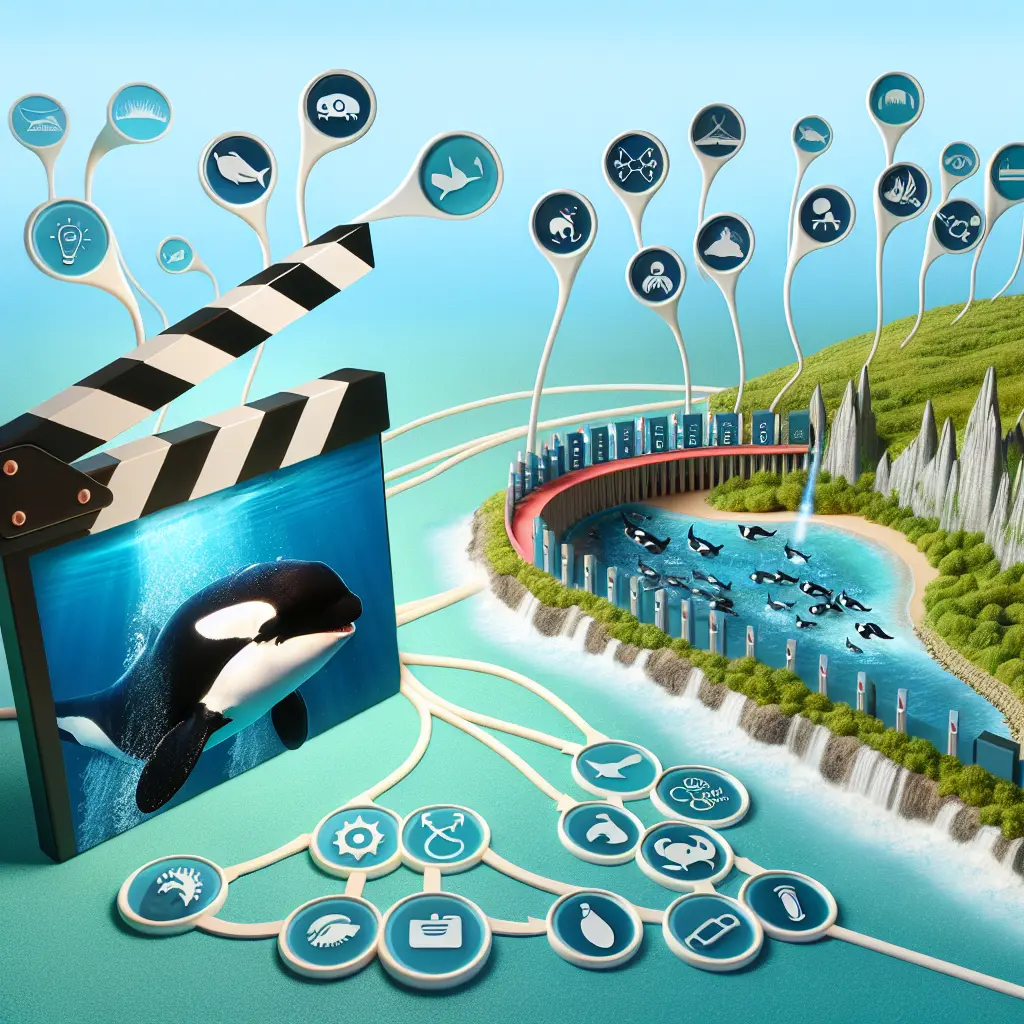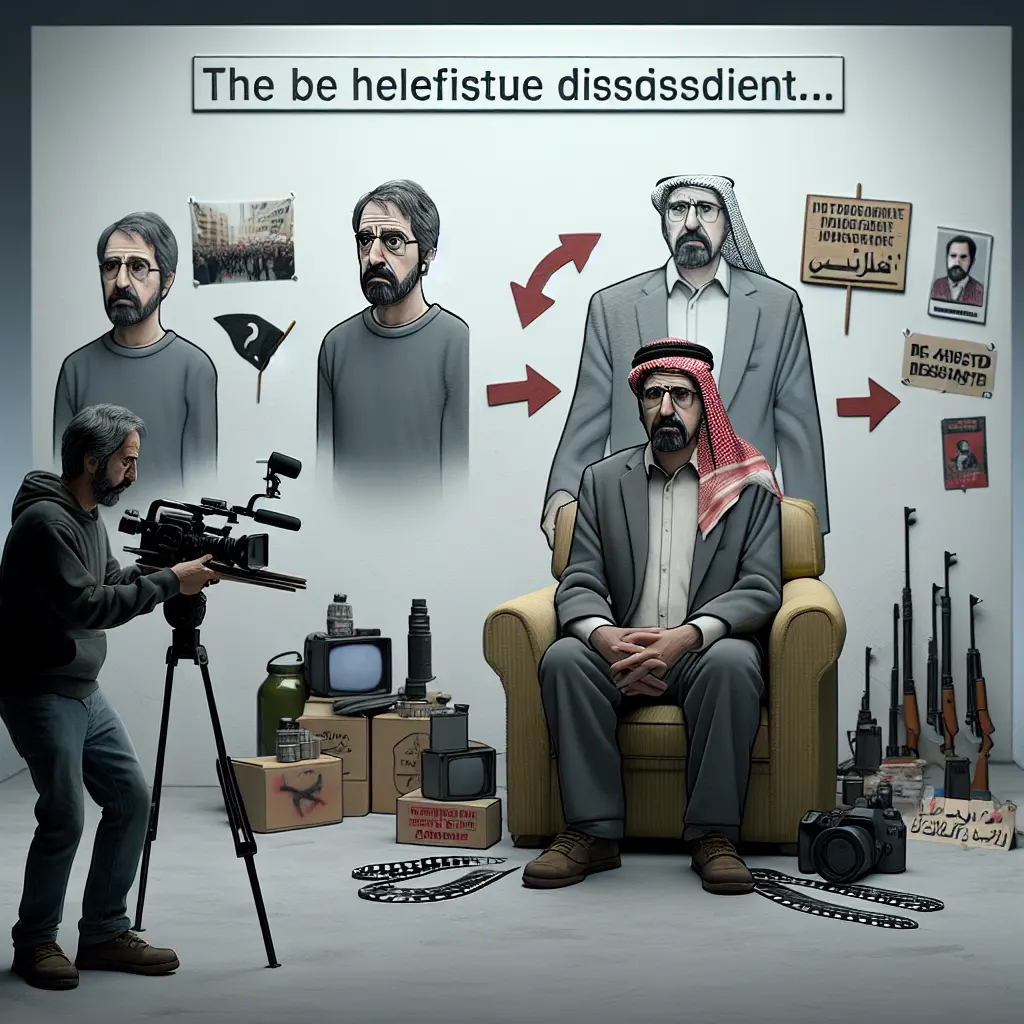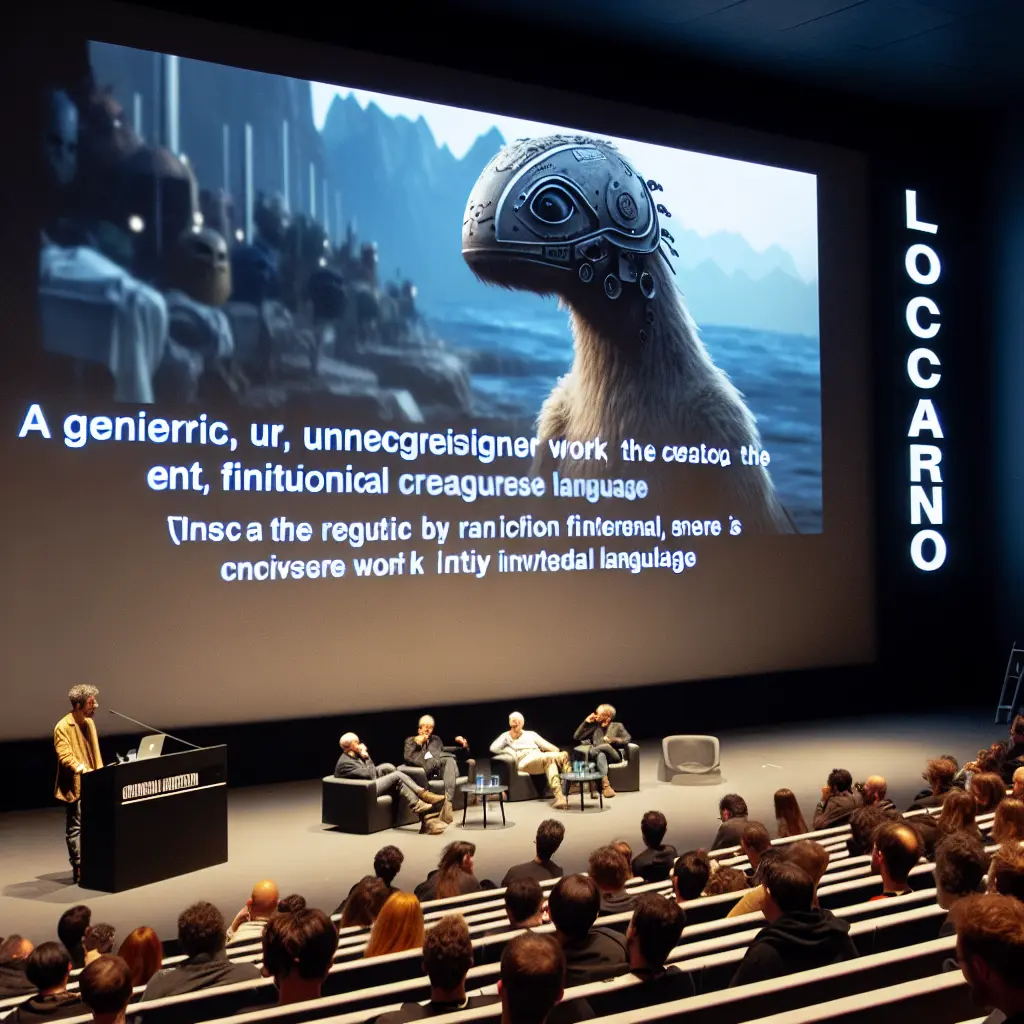In the landscape of environmental awareness, few works have been as transformative as Al Gore's 2006 documentary, "An Inconvenient Truth." Its release marked a seismic shift in public perception, making complex scientific concepts accessible and sparking a global conversation about the urgency of addressing climate change impacts. This documentary not only heightened eco-consciousness but also inspired widespread environmental activism.
The profound ability of "An Inconvenient Truth" to catalyze environmental activism and reshape sustainability education cannot be understated. By breaking down the barriers of scientific jargon, the film empowered viewers with knowledge and a sense of urgency. It ignited a surge in global warming awareness and spurred numerous initiatives aimed at reducing carbon footprints and promoting eco-consciousness.
Recent developments underscore this continuing influence. Documentaries like "Gasland," directed by Josh Fox, follow in Gore's footsteps by emphasizing climate and environmental issues. Notably, Fox's recent signing with 5X Media signals a growing demand for impactful environmental documentaries, as reported by Deadline.
Documentaries hold power not only in educating but also in instigating policy changes and political movements. As highlighted in Rolling Stone, political documentaries can illuminate societal issues, sometimes leading to real-world actions and reforms. "An Inconvenient Truth" set a benchmark for how documentaries can drive climate change awareness and influence public discourse.
Similar themes are explored in other contemporary works like the short documentary "The Visionary Women of Indonesia," which is honored by the WHO. This film highlights women ophthalmologists tackling blindness while challenging social norms, exemplifying how documentaries continue to shine a light on pressing issues and inspire activism across different fields.
Sustainability Education: An Ongoing Journey
One of the enduring impacts of "An Inconvenient Truth" is its reshaping of sustainability education. Educational programs now increasingly incorporate multimedia resources and interactive tools to enhance learning about climate change impacts. The documentary's success in conveying complex ideas has inspired educational frameworks that are more engaging and accessible.
For example, platforms like Apple TV+ offer a plethora of educational documentaries that explore various aspects of sustainability and climate change. These resources provide educators with valuable tools to foster environmental awareness among students.
The urgency highlighted by "An Inconvenient Truth" remains relevant today, as evidenced by ongoing discussions about climate change impacts and global warming awareness. The documentary's call to action resonates with current environmental movements, urging both individuals and communities to adopt more sustainable practices.
In reflecting on the legacy of "An Inconvenient Truth," it's crucial to consider how we engage with climate change awareness today. Are we leveraging the momentum it created to drive further action? How can new documentaries continue to inspire change?
Engaging with Climate Change Awareness Today
Engagement techniques, such as those used in the mockumentary style seen in Peacock's "Mr. Throwback," featuring Steph Curry, demonstrate innovative ways to reach audiences and spark interest in environmental issues. Insights from this approach are detailed in IndieWire.
In summing up the profound impact of "An Inconvenient Truth" on environmental awareness, several key points stand out:
Catalyst for Change: Al Gore's documentary transformed public perception by making scientific concepts accessible, thus igniting global conversations and actions toward addressing climate change.
Enduring Influence: The film set a benchmark for environmental documentaries, inspiring works like "Gasland" that continue to shape public discourse and policy.
Educational Shift: Its success has reshaped sustainability education, leading to more engaging and multimedia-rich learning environments.
Call to Action: The urgency it highlighted still resonates, urging communities and individuals to adopt sustainable practices.
Innovative Engagement: New formats, such as mockumentaries, explore creative ways to engage audiences and spark interest in environmental issues.
As we navigate the evolving landscape of climate change, the legacy of "An Inconvenient Truth" remains crucial. It paved the way for future documentaries and inspired educational and activist movements worldwide. By leveraging the momentum it created, we can continue to drive further action and awareness.
Reflecting on these insights, consider how you engage with environmental awareness today. Are you taking steps in your community to foster sustainable practices? Share your thoughts and experiences on this critical journey toward a more sustainable future. Your insights can inspire others and contribute to a broader dialogue on climate action.
Together, let's keep the conversation alive, honoring Al Gore's vision and ensuring that the lessons from "An Inconvenient Truth" endure and evolve. Thank you for being part of this important discourse.





_netflix_documentary.webp)



Leave a Comment